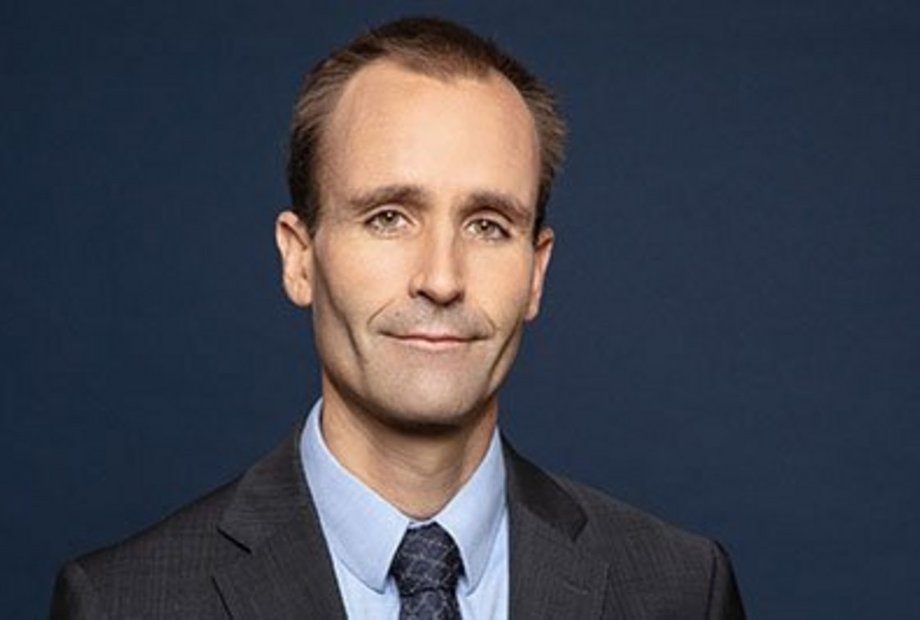Should an international organization expel a state that violates fundamental principles of that organization? There is no easy answer to this question because expulsion can have both advantages and disadvantages. Thus, by expelling a state, an international organization may protect its credibility, showing that it stands up for its principles. At the same time, expulsion may undermine the organization’s reputation, as expulsion might be seen as a failure to influence governmental action.
What to do with norm violators is not only the subject of academic debate but a pressing political issue. At a panel discussion in Vienna on 22 February, Cornelius Friesendorf, Head of the Centre for OSCE Research (CORE) at IFSH, discussed the pros and cons of expulsion in light of Russia’s participation in the OSCE. Russia’s war against Ukraine constitutes an extreme violation of all core OSCE principles. Consequently, there have been calls for Russia’s suspension from the OSCE.
However, Cornelius Friesendorf argued that such a decision could come at a high price. It would preclude any potential future dialogue with Russia on matters of common interest. Besides, any initiative to vote Russia out might not be politically feasible, not least because it would create a dilemma for other OSCE states that have close relations with Russia.
The Vienna panel was part of an initiative of the OSCE’s Parliamentary Assembly in preparation of the 50th anniversary of the signing of the Helsinki Final Act in 2025. The Helsinki Final Act, signed in the Finnish capital in 1975, contains principles that are still at the core of the OSCE. The OSCE Parliamentary Assembly brings together parliamentarians from all 57 OSCE participating States.
The panel took place on the eve of the Parliamentary Assembly’s Winter Meeting in Vienna. It was chaired by Margareta Cederfelt (President of the OSCE Parliamentary Assembly) and moderated by Lamberto Zannier (former OSCE Secretary General). Other panelists were Katarzyna Gardapkhadze (former Deputy Director of the OSCE’s Office of Democratic Institutions and Human Rights), Roberto Montella (Secretary General of the OSCE Parliamentary Assembly), and Walter Kemp (Global Initiative Against Transnational Organized Crime).
The discussion with parliamentarians following the panel presentations focused on ways of how parliaments can support the OSCE in dealing with an institutional crisis that has been significantly exacerbated by Russia’s war against Ukraine. Cornelius Friesendorf argued that the vitality of the OSCE should be strengthened through, among other measures, increased, reliable, and multi-year funding. This is where parliaments can contribute, given their budgetary powers. The speakers also stressed that members of parliament can support the OSCE by increasing the organization’s visibility in their home countries.





